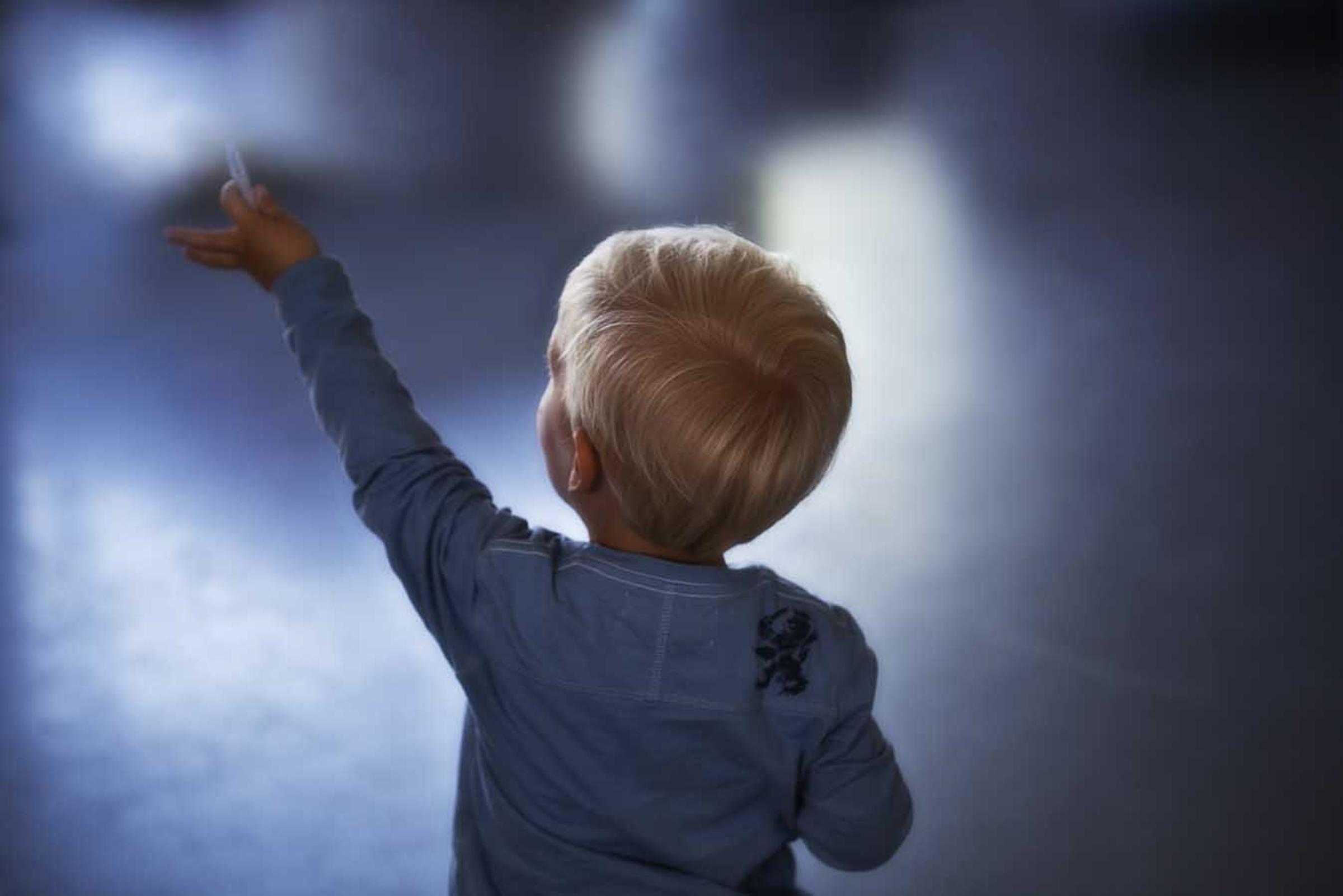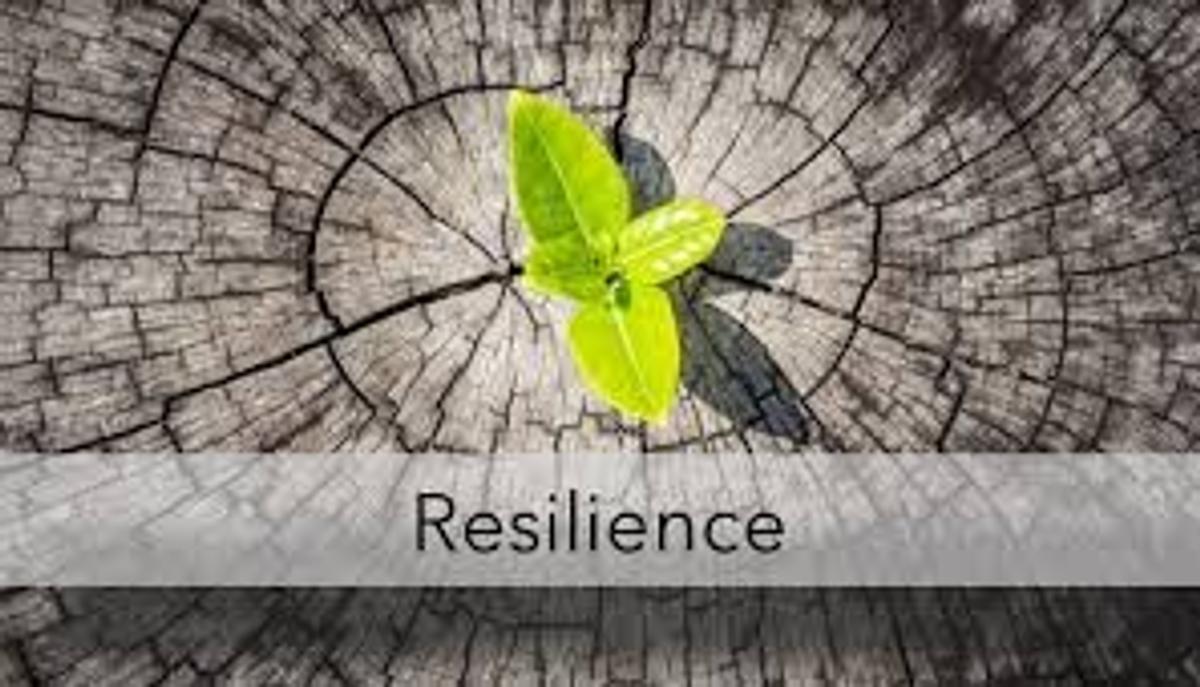Wellbeing

SFS Twilight Community Market
National Child Protection Week
National Child Protection Week raises awareness about the community’s collective responsibility for the care, safety and wellbeing of children and young people.
For Catholic schools, this provides an opportunity to emphasise their strong commitment to the safety and wellbeing of young people in their care, and the important role they play in creating nurturing environments at school, online, at home and in the community. This year’s National Child Protection Week will take place from Sunday 5 September to Saturday 11.
Keeping children safe online during the Covid-19 global pandemic
The global impact of COVID-19 means young people will be spending more time at home — and more time online. There are lots of great ways children can use connected devices to learn and play, but there are also risks.
As parents and carers, you have the best opportunity to support and guide your children to avoid online risks and have safer experiences. Governments and industry also have a role to play in making sure the online world is a safe place to be. In these uncertain times, children may feel isolated or anxious, and might see family members disturbed by the COVID-19 impacts. Away from school, children have less access to their usual support systems including friends, teachers and counsellors.
If possible, it could be useful to reach out to your child’s regular support people to check if they can provide online or telephone support. This guide covers some of the key online safety issues for young people and includes a range of practical tips and advice on what to do if things go wrong. It covers common online safety issues like managing time online, using parent controls and setting and responding to issues like cyberbullying, inappropriate content, sending nudes and contact from strangers.
For more information, please explore the eSafety website. This is an safety booklet for parents.
https://www.esafety.gov.au/sites/default/files/2020-04/aus-global-parent-online-safety-advice_1.pdf
There are also some free safety webinars available with the topic “eSafety parent guide to popular apps”
Learn how to help young people safely use popular apps including TikTok, Instagram, Snapchat and YouTube.
This webinar is designed for parents and carers of young people aged 8-13.
It will cover:
- an explanation of the popular apps used by young people
- case studies, research, and targeted advice
- ways you can support the young people in your life to have safe, enjoyable online experiences.
For more information and registration details please click on the following link.
https://www.esafety.gov.au/parents/webinars
SFS Community Twilight Market
We are still crossing our fingers and toes that our SFS Twilight market will be able to go ahead this year. Only 9 weeks to go!
The market will be on Thursday 4th November from 5pm until 8pm.
Building resilience during the COVID pandemic
The following article is written by leading parenting expert and educator Michael Grose, taken from the Parenting Ideas schools website.
The pandemic continues to bring worry and anxiety to children and young people. Resilience can help kids get through these difficult times, but it is not something they are born with. Resilience is built up over time as kids interact with the environment and each other.
Emerging relatively unscathed from a setback or hardship can boost future resilience. On the other hand, if experiences are too overwhelming or stressful, kids can be traumatised, making it difficult to respond with future hardships with resilience.
The Harvard University Centre for the Developing Child depicts resilience as ‘a see-saw or balance scale, where negative experiences tip the scale toward bad outcomes, and positive experiences tip it toward good outcomes. The point where the scale balances is called the “fulcrum,” and if it is more to one side or the other, it can make it harder or easier to tip the resilience scale to the positive.’ Everyone’s fulcrum is in a different spot—which explains why hardships impact on people so differently.
Reduce the impact of COVID by reducing stress
During the pandemic there has been a constant build-up of stress and disappointment for many kids. Remote learning, postponement or cancellation of highly anticipated events such as graduations and formals, limited access to community activities and extra-curricular activities are just some of the negative outcomes that kids have experienced.
Most of these stressors are out of parents’ control however any efforts to lighten the load on kids and tip the balance to a more positive side will help build resilience. Reducing sources of stress on kids include:
- facilitating visits to recreation areas for play and contact with friends
- ensuring academic expectations are realistic and reflect the circumstances of each child
- back and forth parent-teacher communication responding to pandemic-induced problems
- alleviating unnecessary family conflict such as temporarily loosening digital limits
Build up positive outcomes through supportive relationships
The presence of healthy supportive adult relationships with children and teenagers is a recognised contributor to resilience. Harvard University state, “The one thing that most children who develop resilience have in common is a stable, committed relationship with a supportive parent, caregiver, or other adult. Adults need those supportive relationships, too!”
Parents can build more positive outcomes for kids by strengthening the connections they have with friends, family and members of the community. Relationship-building activities can include:
- increasing family connections through shared mealtimes and enjoyable family activities
- positive one-on-one activities between parents and kids
- encouraging regular digital or face-to-face connection with friends
- maintaining contact with extended family
Strengthening core skills and coping capacities
Children and adults need a set of core skills to manage their daily lives. These skills include planning, ability to focus, self-control, self-awareness and adaptability. When children and young people are under extreme stress it’s difficult to apply these core skills so the ability to manage even simple tasks can be compromised.
Parents can strengthen these skills in children and young people by:
- building daily organisational skills at age-appropriate levels including the use of schedules, timetables and other visual organisers
- encouraging children to relax and enjoy regular downtime
- developing anxiety-management tools such as deep breathing and mindfulness
- embedding wellbeing strategies of relaxation, exercise and play into family life
Building resilience in children and young people during the current pandemic is a continuous task for families. Resilience is best promoted by relieving stressors on kids, ensuring they experience a variety of supporting relationships with adults and other children, and building core executive functioning skills so that they can successfully manage their daily lives during these times of change.
Parent Teacher Interviews
Next week we have parent teacher interviews. If you are concerned about the wellbeing of your child or if I have worked with your child in a social skill’s group this year, I am available for Parent teacher interviews along with your child’s class teachers and specialist teachers. I am also helping some children during remote learning with positive coping strategies, so please contact me rlenko@sfslynbrook.catholic.edu.au if I can support you and your child.
Positive Thought for the day
Rachel Lenko
Student Wellbeing Leader



